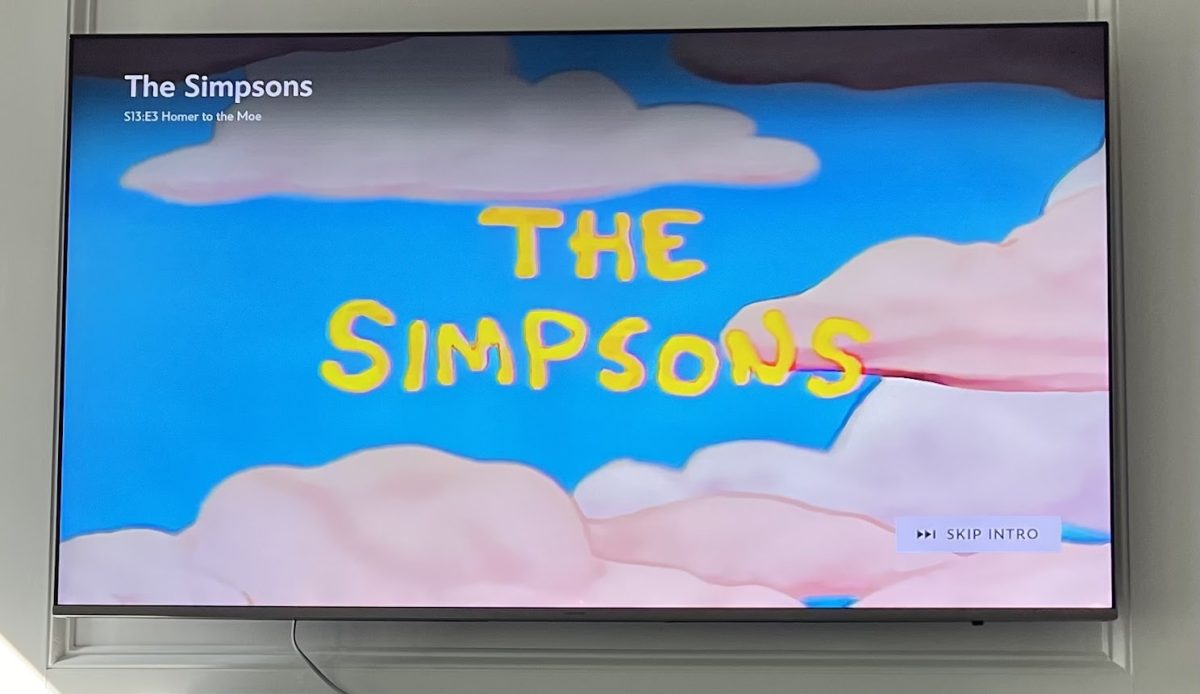Time: Life’s relentless commodity
With a capitalist economy comes the commoditization of time. It’s effects continue to bloom throughout school systems, the environment, and the determinations of success.
March 2, 2023
A made-up concept, with a debatable existence, dominates human lives. The invention of time perpetually slips through the fingers of society. Shackled to a clock, students shuffle into classrooms conditioned to move on with their lives by the ring of a bell.
Without question, society conforms. Trivial assumptions are criticized to mask the truth of ignorance. Citizens would rather be wrapped up in politics and the insignificant annoyances of everyday life than interrogate how time created the economic system.
However, it wasn’t always this way. Previously told by the rising and falling of the sun, or the changing of the leaves, time was simply an indicator of when to wake from sleep or when crops were due for harvesting.
But as technology developed and cultures integrated, time was suddenly commoditized. Capitalism was born. Clocks were invented, a calendar system was developed and work was paid by the hour. The nomadic lifestyle was eliminated. Now, society is required to sell away hours of their lives to sustain themselves and their families with resources naturally made by the planet they were born on.
Industries at the top inevitably control those on the bottom by dangling a months’ worth of pay over their head. The divide between upper and lower classes heightened because without employment there are little options. As humans evolve and populations grow, the more on-call hours are necessary for a quality of life.
The prioritization of consumption trickles down into school systems and kneels on the backs of youth. Students are classified by how much work they manage to squeeze into 24 hour intervals. Learning quality is neglected as the work completed in the shortest amount of time supposedly equates to success.
Youth who devote hours to school to become full time workers are glorified. Childhoods end early and teens are held to the same expectations as adults. Students are not taught to learn for the benefit of themselves, but to be contorted into the ideal victim of time exploiters and to be functioning parts of the machine that is the working class.
With a constant need for monetary gain, it is expected that inhabitants exploit easier options. Parks and libraries, houses of humanity, are under threat of being deemed unproductive since what they measure can’t be as easily defined.
Hours of life can be prevented from having a fixed cost if greed is acknowledged. Moments can be ends in themselves, not steps on a step ladder or money in the bank. Experiences can be purely for enjoyment, rather than one step closer to that car upgrade or a resume booster.
Time doesn’t have to have purpose. Individuals don’t have to be controlled by the expectations of how time should be spent. Hobbies can simply be hobbies. Experiences can be chased instead of material goods. Congruent with time, humans should be able to simply exist, without having a fixed societal role because they have no other choice.


























































Falcon Reader • Mar 3, 2023 at 7:45 am
This is a very well-written article – almost like a work of art. Do you think there’s a way to have your cake and eat it too, i.e., worship the clock, but only to the extent it serves your purpose? Or maybe the answer lies in reframing your purpose to one that doesn’t rely on commercial trappings (tough to do in a capitalist country!)? Or maybe just being mindful during the times when time is not a driver? Whatever the answer (if there is one): thanks for sharing such a poetic piece of writing 🙂